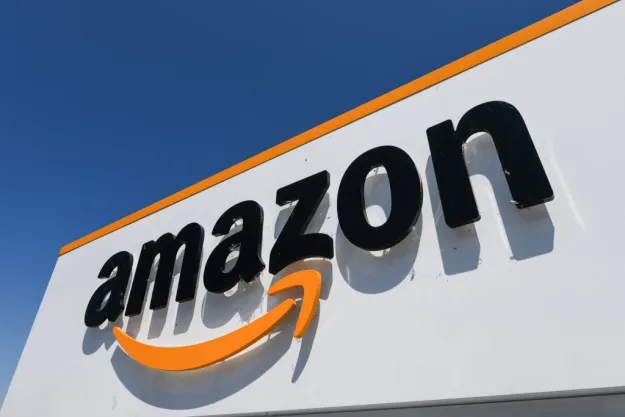Amazon is continuing to wage war against counterfeit products, with the problem so serious that the company spent $700 million on tackling the issue in 2020 alone.
Last year saw Amazon block a colossal 10 billion suspect listings before they were published on its sprawling e-commerce site. It also “seized and destroyed” more than two million items that it detected as fake before they had a chance to be shipped to customers.
The data appeared in Amazon’s first-ever Brand Protection Report, which it released this week.
The report revealed that the online shopping giant currently employs more than 10,000 people tasked with protecting its web-based store from fraud and abuse.
The issue of fake goods on Amazon has been rumbling on for years. While it’s clearly a serious annoyance for customers who believe they’re purchasing the genuine article, brands are also understandably angry about the practice. It’s no good for Amazon either, as it paints the platform in a bad light and risks both customers and brands deserting the platform in frustration.
The vast majority of fake goods that appear on Amazon’s site are sold by third-party merchants, though it should be noted that most traders who sell via this channel stick to the rules and only offer genuine products, as described in the listing.
In the past five years alone, Amazon’s efforts to tackle the problem have seen it set up a crime unit to tackle fraudsters on its platform and sue third-party sellers peddling fake goods. It said that if it identifies a seller who isn’t sticking to the rules, it immediately closes their account, withholds funds, and decides if the case should be reported to law enforcement.
Amazon also introduced a registry that helps it protect brands more effectively and launched a system called Transparency that lets brands attach an authenticity code to their products that Amazon scans before shipping the item to a customer.
Amazon noted in its report that while the coronavirus pandemic saw its sales grow during 2020, some nefarious players also tried to use its online shopping site to exploit the situation.
“Customers were able to order and receive what they needed during a global pandemic and our selling partners, in many cases, grew their businesses as their physical storefronts saw decreased sales,” the company said in its report, adding that the unprecedented circumstances “also attracted bad actors who tried to take advantage of the situation.” Despite this, Amazon claimed that its efforts to keep fake goods off its site meant that “the vast majority of our customers continued to only find authentic products in our store” throughout last year.
Besides fake goods, Amazon is intent on clamping down on other issues that damage its site, including bogus reviews — a matter that has also landed in the news this week.
Editors' Recommendations
- These online shoppers are unfazed by a 43-year delivery wait
- Amazon is hiring a quarter of a million extra workers for the holiday season
- Amazon makes it harder for non-Prime members to get free delivery
- Amazon deploys AI to summarize product reviews
- Ouch! Some Amazon Prime members face a 43% price hike

